The National Endowment for the Humanities (NEH) has awarded a Documenting Endangered Languages Preservation Grant of $227,365 to Patience Epps and Susan Smythe Kung of the Archive of the Indigenous Languages of Latin America (AILLA) for support of their upcoming project entitled “Archiving Significant Collections of Endangered Languages: Two Multilingual Regions of Northwestern South America.”
The AILLA grant is one among 199 grants, totaling $18.6 million, announced by the NEH on April 9, 2018.
This is a three-year project that will gather together, curate, and digitize a set of eight significant collections of South American indigenous languages, the results of decades of research by senior scholars. The collections will be archived at AILLA, a digital repository dedicated to the long-term preservation of multimedia in indigenous languages. These materials constitute an important resource for further linguistic, ethnographic, and ethnomusicological research, and are of high value to community members and scholars. They include six legacy collections from the Upper Rio Negro region of the northwest Amazon (Brazil and Colombia), and two collections focused on Ecuadorian Kichwa, most notably the Cañar variety.
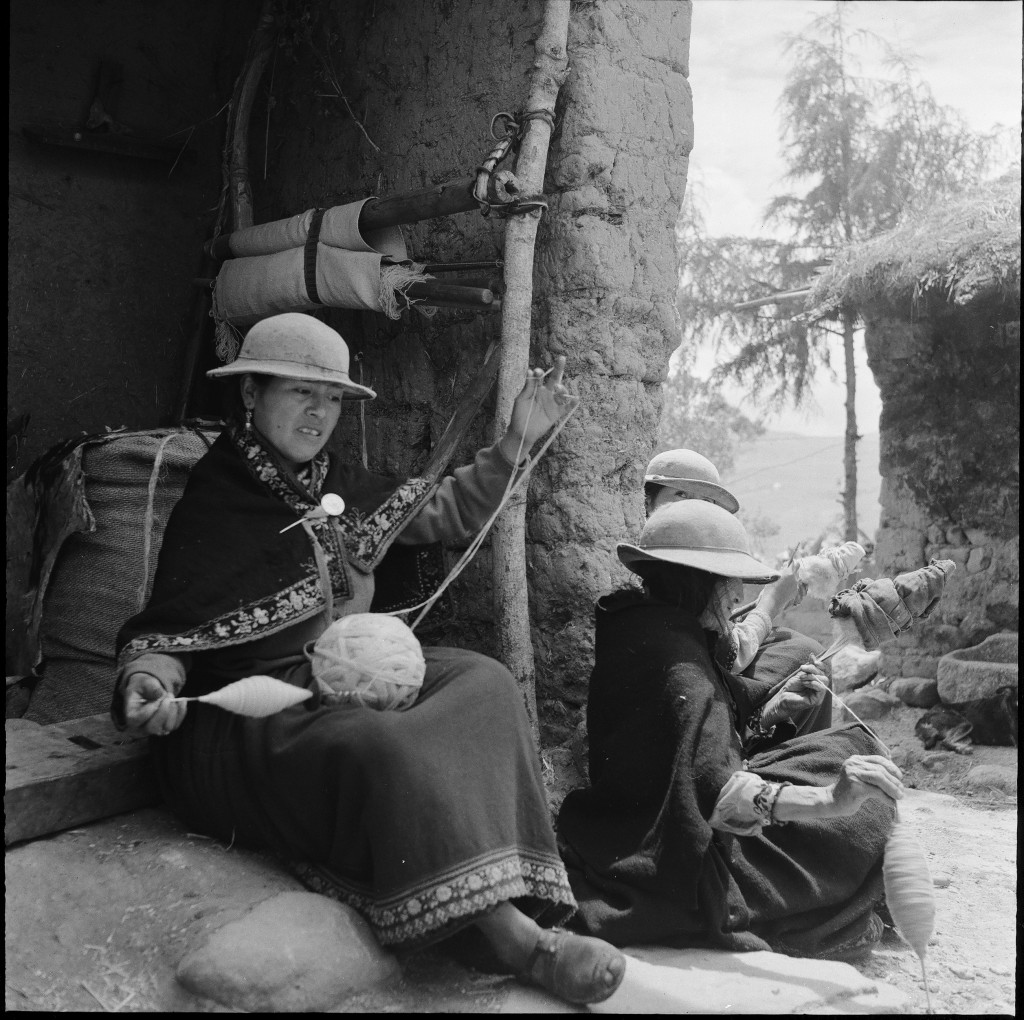
All of the languages concerned are endangered or vulnerable to varying degrees, and the collections are heavily focused on threatened forms of discourse, such as ritual speech and song. Of the Upper Rio Negro set, the collections of Elsa Gomez-Imbert, Stephen Hugh-Jones, and Arthur P. Sorensen, Jr., include the East Tukanoan languages Bará, Barasana, Eduria, Karapana, Tatuyo, Makuna, and Tukano. The collections of Howard Reid and Renato Athias are focused on Hup, while Reid’s collection also contains a few materials from two languages of the wider region, Nukak and Hotï (yua, isolate). Robin Wright’s collection involves Baniwa. Of the Ecuadorian Kichwa set, Judy Blankenship’s and Allison Adrian’s collections are both focused on Cañar Highland Kichwa, while Adrian’s also includes some material from Loja Highland Kichwa (qvj, Quechua).
The two regions targeted by these collections are highly significant for our understanding of language contact and diversity in indigenous South America. The multilingual Upper Rio Negro region, famous for the linguistic exogamy practiced by some of its peoples, has much to tell us about language contact and maintenance, while Ecuadorian Kichwa varieties can shed light on the dynamics of pre-Colombian language shift. These collections will be made accessible in AILLA in standard formats, and will provide a foundation for further study of these fascinating regions and multilingual dynamics.
The National Endowment for the Humanities, created in 1965 as an independent federal agency, supports research and learning in history, literature, philosophy, and other areas of the humanities by funding selected, peer-reviewed proposals from around the nation. Additional information about the National Endowment for the Humanities and its grant programs is available at www.neh.gov.

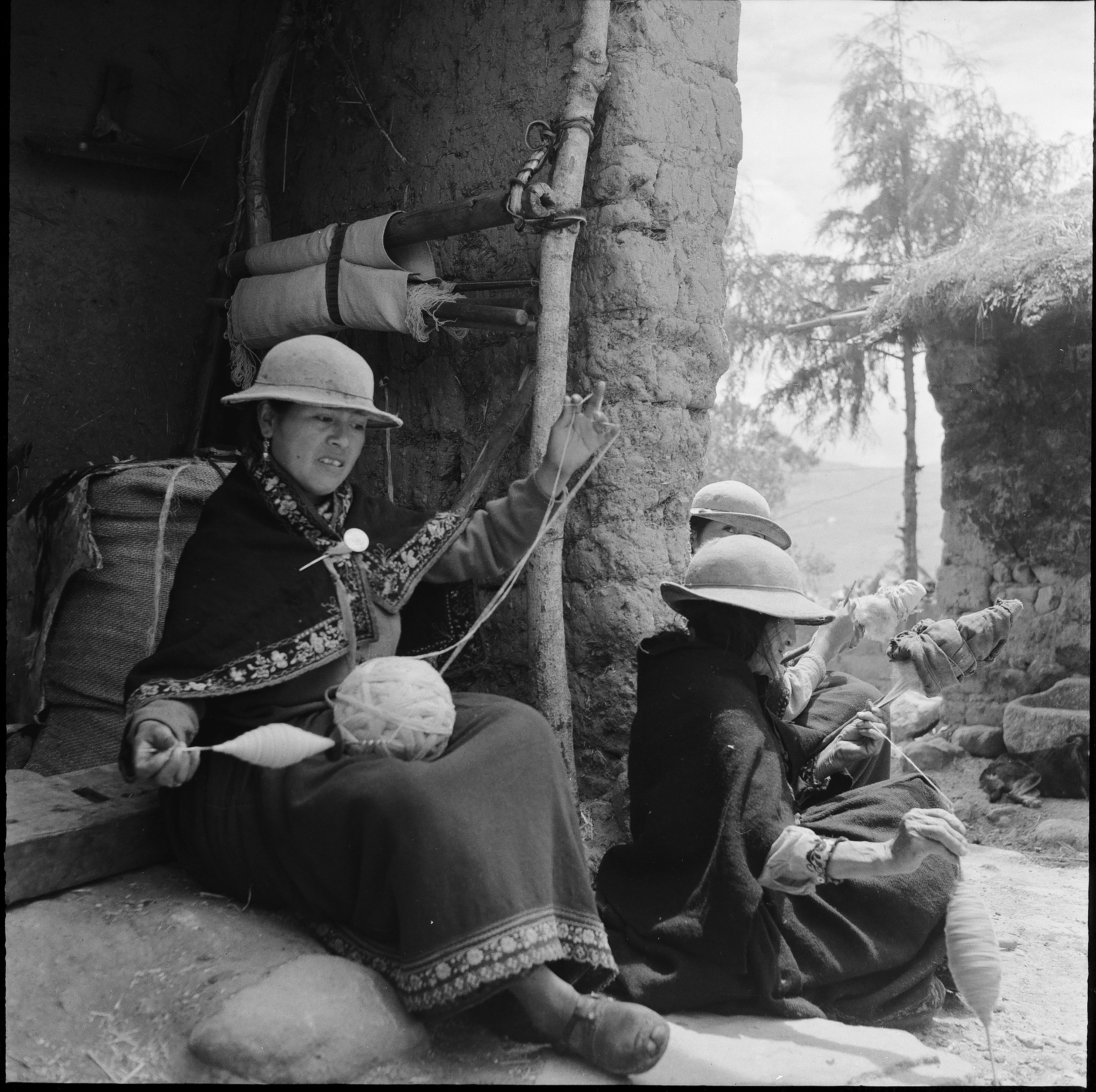



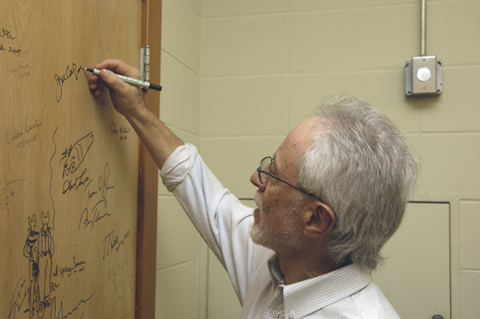
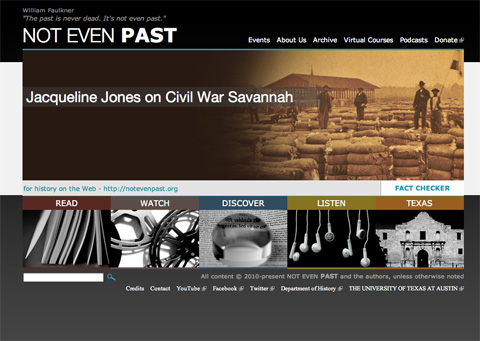
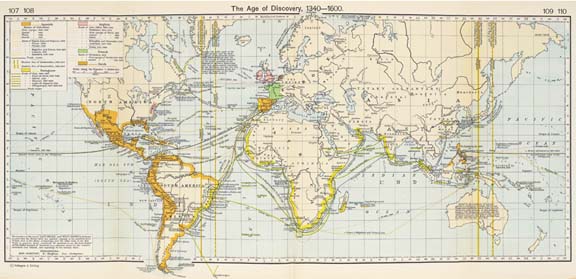


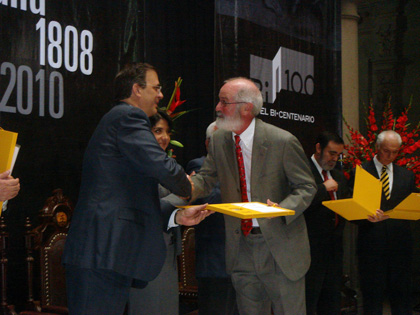
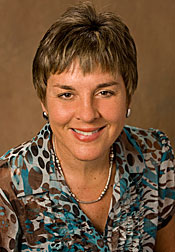 UT Women’s Athletic Director and incoming Libraries Advisory Council President
UT Women’s Athletic Director and incoming Libraries Advisory Council President